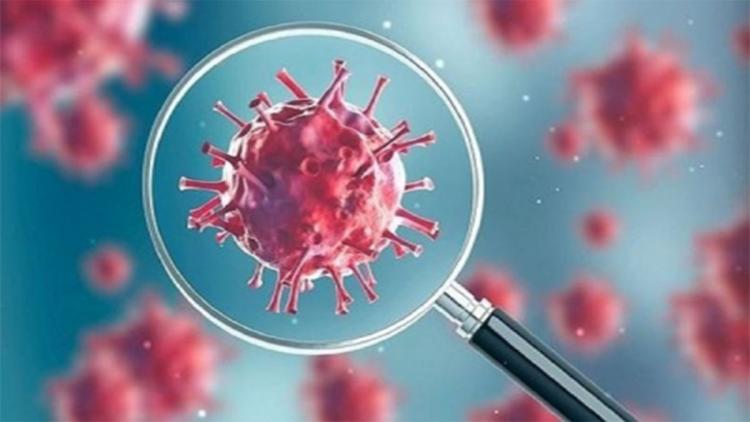The JN.1 variant of the Covid-19 virus, closely related to BA.2.86, has become the fastest-growing variant in the United States, responsible for over one in five new coronavirus cases in recent weeks, according to the Centers for Disease Control and Prevention (CDC). JN.1, an offshoot of the August variant BA.2.86, has similarities to the "Pirola" variant. It was first detected in the U.S. in September and has since represented an estimated 15 to 29 percent of new infections. While it doesn't appear to cause more severe disease, its continued growth suggests increased transmissibility or better evasion of the immune system. The updated Covid-19 vaccine is expected to provide protection against JN.1. However, vaccination rates remain low, with only 17 percent of adults and nearly eight percent of children receiving the shot. The CDC is closely monitoring JN.1's impact on Covid-19 activity.
Key Points:
1. The JN.1 variant, a new COVID-19 strain related to BA.2.86, is the fastest-growing variant in the US, responsible for over one in five new cases, according to estimates from the CDC.
2. CDC Director Mandy Cohen mentioned the ongoing evolution of the COVID virus, highlighting an offshoot of the August variant BA.2.86, known as "Pirola."
3. JN.1, detected in the US in September, shares similarities with Pirola, differing by only one change in the spike protein.
4. Estimated to represent 15 to 29 percent of new infections, JN.1's prevalence is expected to continue growing, with concerns about increased transmissibility or immune evasion.
5. JN.1 does not appear to cause more severe disease, and current COVID-19 tests and treatments are expected to be effective against it.
6. The CDC assesses that, at present, there is no evidence suggesting JN.1 poses an increased risk to public health compared to other circulating variants.
7. Symptoms caused by JN.1 are not known to be different from other strains, as COVID-19 symptoms generally depend on individual immunity and overall health.
8. The updated COVID-19 vaccine is expected to provide protection against JN.1, according to the CDC, and lab studies confirm its efficacy against the latest strains.
9. Vaccine expert Peter Hotez describes JN.1 as a "bad" strain due to its high transmissibility and immune escape capabilities.
10. Despite the availability of the updated vaccine, low uptake rates among adults and children pose challenges in managing the potential impact of JN.1, as COVID-19 metrics show increasing hospital admissions and rising infections.
(With Agency Inputs)
Read also| British TV presenter Richard Madeley says Covid made him deaf
Read also| As Covid Cases Surge, Health Ministry Urges States to Maintain 'Constant Vigilance'


















